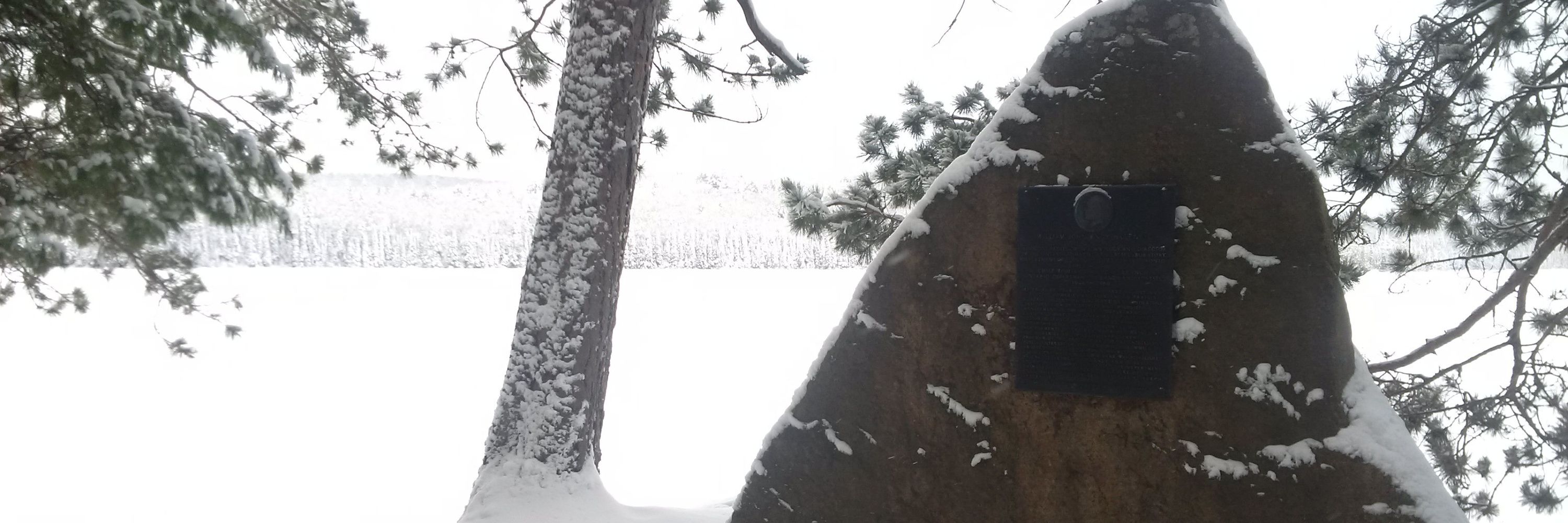
Posting: Mark Ridgway
Harkness.ca

Some Like It Cold: A General Habitat Association Model for Smallmouth Bass in Stratified Lakes - Ridgway - 2026 - Ecology of Freshwater Fish - Wiley Online Library onlinelibrary.wiley.com/doi/10.1111/...

Some Like It Cold: A General Habitat Association Model for Smallmouth Bass in Stratified Lakes - Ridgway - 2026 - Ecology of Freshwater Fish - Wiley Online Library onlinelibrary.wiley.com/doi/10.1111/...
➡️ buff.ly/l1GIXBf

➡️ buff.ly/l1GIXBf
Read more ▶️ buff.ly/hluh47u
#ArcticScience #WildlifeResearch #ArcticCanada

Read more ▶️ buff.ly/hluh47u
#ArcticScience #WildlifeResearch #ArcticCanada
www.ctvnews.ca/london/artic...
See the Superior Shoal for yourself on the LIVEstream this Sunday 3-5pm ET. www.youtube.com/live/oKB_iw8...

www.mapress.com/zt/article/v...

www.mapress.com/zt/article/v...

@sebiology.bsky.social
@erinmcstewart.bsky.social
@jaydebon.bsky.social
@chris-on-fish.bsky.social
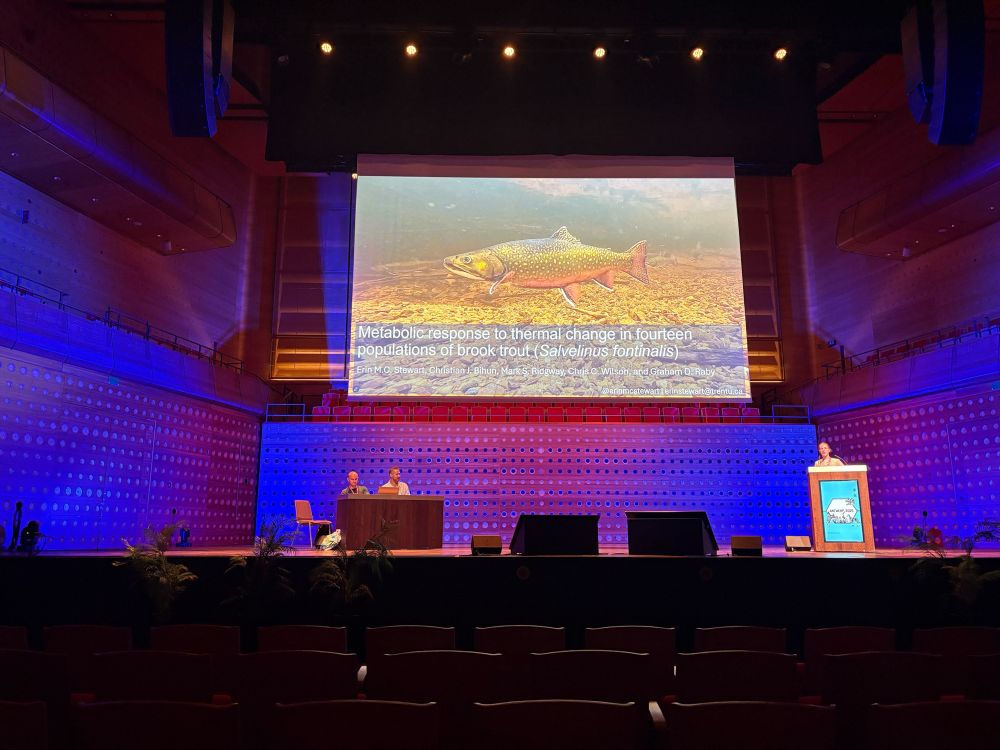
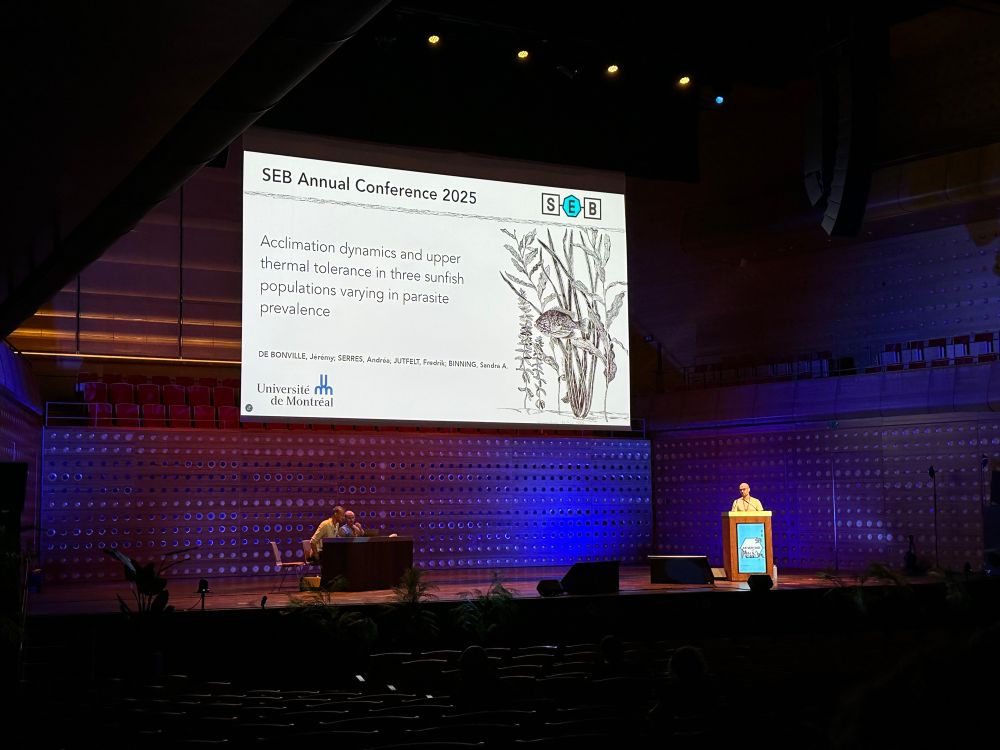
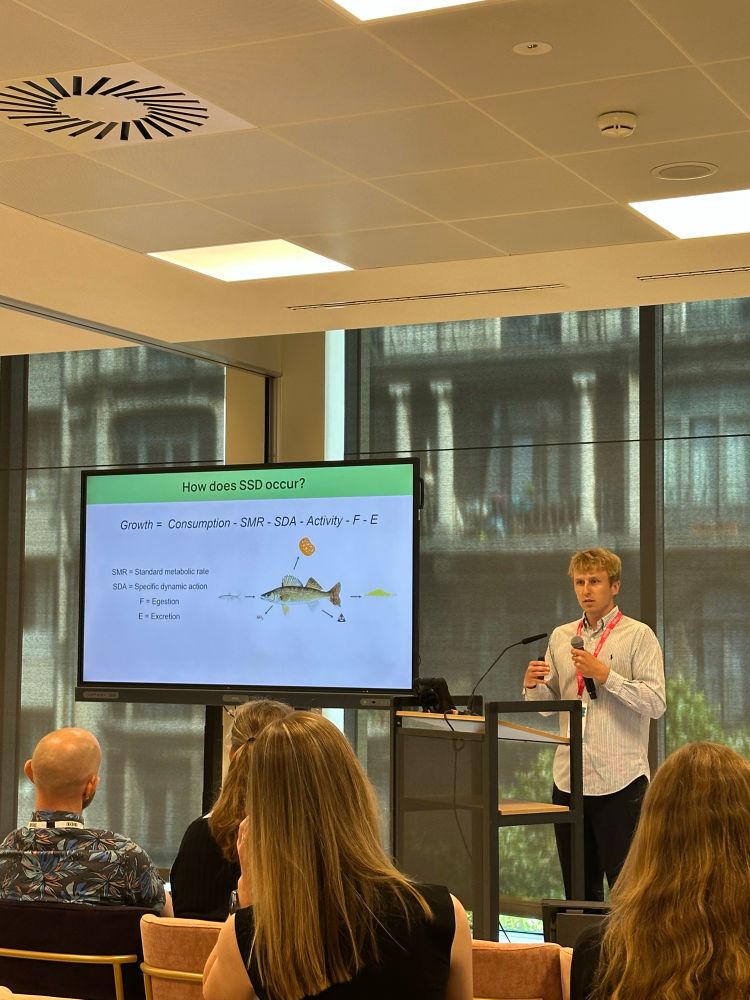
@sebiology.bsky.social
@erinmcstewart.bsky.social
@jaydebon.bsky.social
@chris-on-fish.bsky.social

Intrigued? Then check out this latest #ConPhys in Action piece, explaining the importance of local conditions to 🐟 temperature tolerance, and therefore for #Conservation planning.
Comments on Stewart et al (links in 🧵⬇️ )
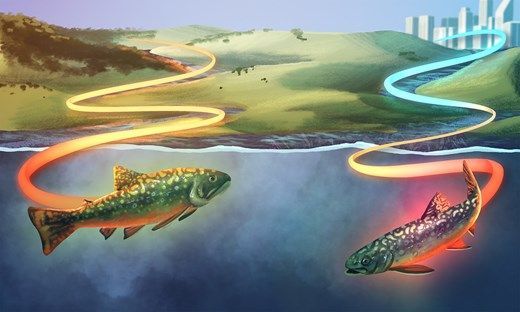
Intrigued? Then check out this latest #ConPhys in Action piece, explaining the importance of local conditions to 🐟 temperature tolerance, and therefore for #Conservation planning.
Comments on Stewart et al (links in 🧵⬇️ )
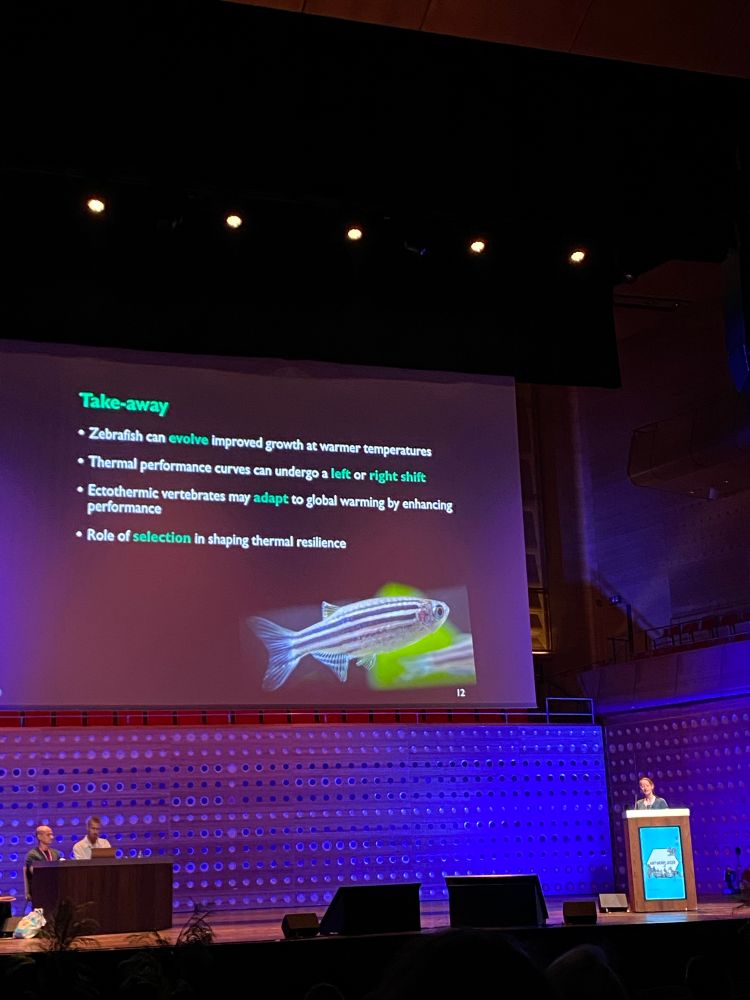
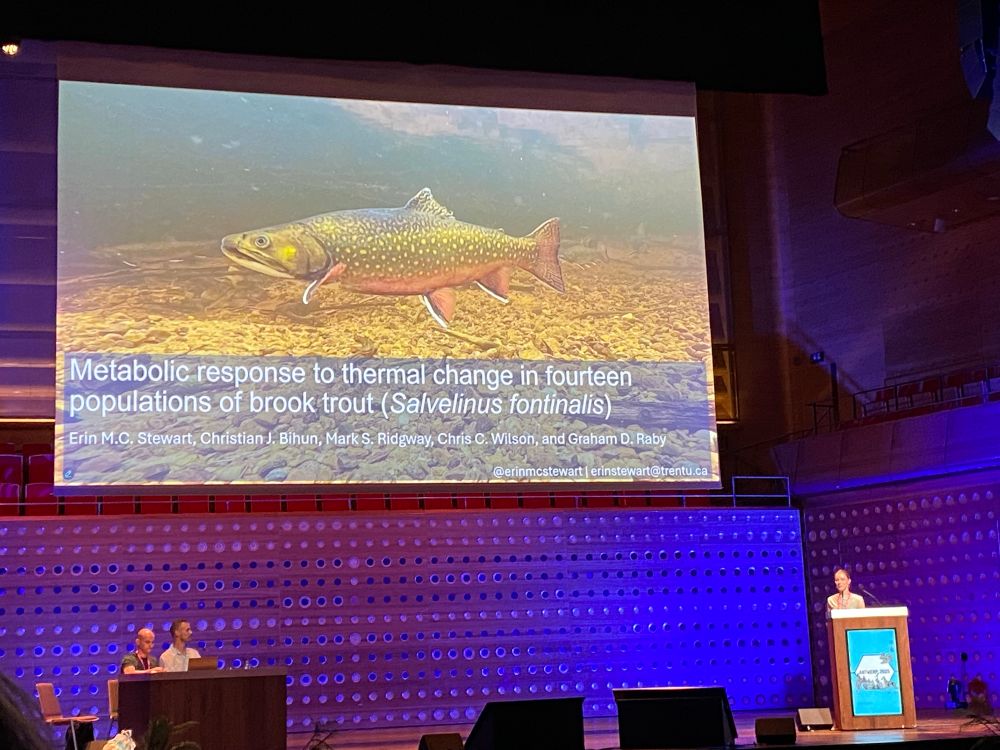
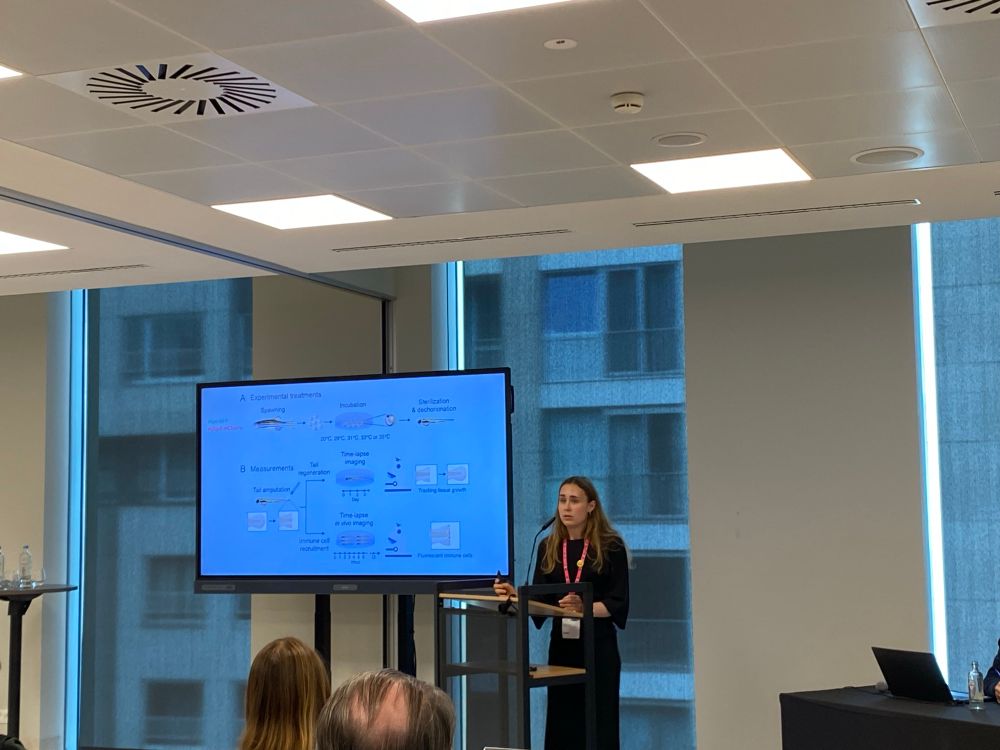
buff.ly/DgfgJYQ

buff.ly/DgfgJYQ

They are not "trash fish" but rather vitally important to freshwater ecosystems. Many have fascinating life histories. And, for anglers, they're great fun to pursue.





One of the most influential ecologists of the 20th century and the father of animal ecology, who turned natural history into a science: Charles Sutherland Elton (1900-1991).
A birthday thread… 🧵[1/8]

One of the most influential ecologists of the 20th century and the father of animal ecology, who turned natural history into a science: Charles Sutherland Elton (1900-1991).
A birthday thread… 🧵[1/8]
benjaminhlina.github.io/trps/
#rstats #ecology #foodwebs
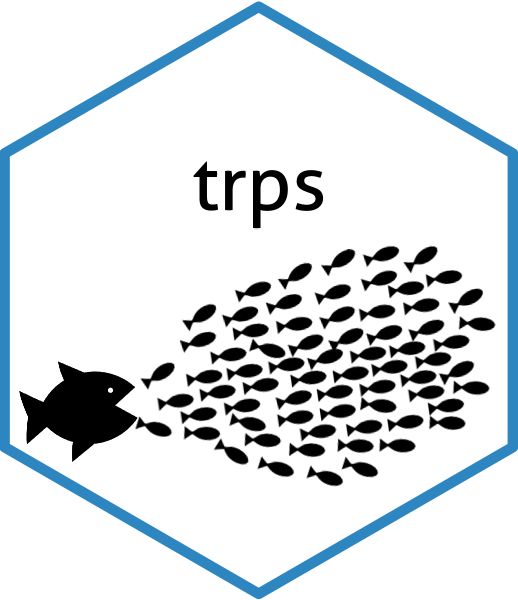
benjaminhlina.github.io/trps/
#rstats #ecology #foodwebs
📸 Eva Enders

📸 Eva Enders
Amazing game on ice;
Perfect ... off ice
Amazing game on ice;
Perfect ... off ice

Fieldwork brings authenticity - for the public, for ourselves, and for applications.
Undergrads & grads from our field station are always in demand.
Extinction of experience among ecologists sciencedirect.com/science/arti...

Fieldwork brings authenticity - for the public, for ourselves, and for applications.
Undergrads & grads from our field station are always in demand.



